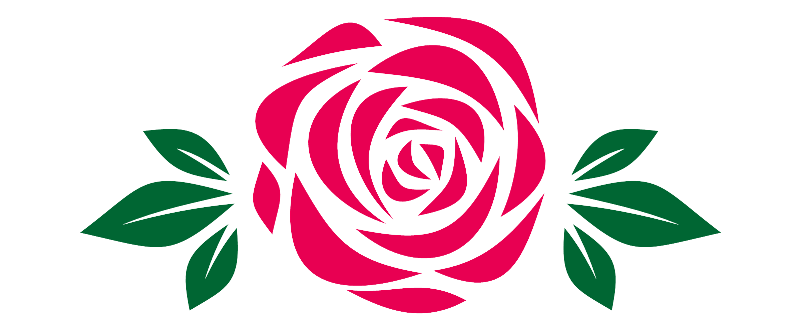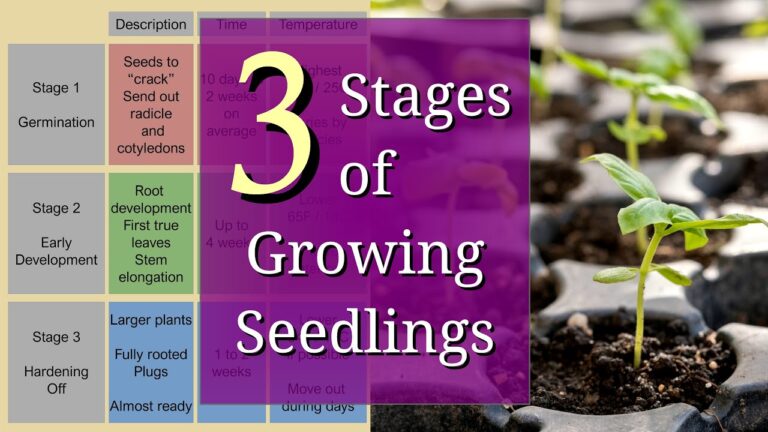Starting a plant nursery or selling plants can be a dream come true for plant enthusiasts. However, as Jason from Fraser Valley Rose Farm explains, the nursery business is subject to a range of regulations designed to protect ecosystems and manage pests. While these rules can feel like obstacles, understanding them is essential for long-term success. This guide breaks down the regulatory landscape in an easy-to-understand way and offers advice for navigating the path to selling plants legally.
Federal Regulations: Understanding the Basics
At the federal level, regulations mainly focus on the movement of plants and the prevention of invasive species, pests, and diseases. In the United States, the USDA oversees these rules, while Canada relies on the CFIA (Canadian Food Inspection Agency). For most small-scale growers, these federal agencies are only involved when plants are moved across state, provincial, or national borders.
Exceptions arise when federally regulated pests, like Japanese beetles or specific nematodes, are detected in a region. In such cases, federal authorities may restrict plant movement and require certifications. For growers planning to sell plants locally and avoid interstate or international shipping, federal involvement is minimal. However, understanding these rules is crucial if expansion is part of your long-term plan.
State and Provincial Regulations: The Core of Nursery Compliance
For those growing and selling plants commercially, state-level regulations are often the most relevant and impactful. In the United States, nearly every state requires a nursery license or similar certification. These licenses may be called “nursery stock licenses” or “nursery dealer licenses,” but the general requirement is consistent.
The process typically involves:
- Submitting an application detailing the type of plants grown and site maps.
- Familiarizing yourself with local pest management regulations.
- Paying an annual fee.
- Passing an inspection conducted by state officials.
For example, North Carolina exempts growers earning less than $5,000 annually from needing a license, but exceeding this threshold triggers the requirement. Regulations also vary by state: areas like Hawaii impose stricter controls due to their sensitivity to invasive species.
In Canada, provincial regulations are less universal. Only Quebec and Ontario have requirements for nursery licensing, though pest-related restrictions still apply. Jason advises growers to consult their province’s rules to avoid surprises.
Local Regulations: Zoning, Structures, and Business Licenses
Local governments often have additional rules governing nursery operations. These typically relate to zoning laws, signage restrictions, and business licenses. Urban growers, in particular, need to ensure their properties are zoned for agricultural or nursery activities.
For those on agriculturally designated land, exemptions often apply. For example, Jason notes that in British Columbia’s Agricultural Land Reserve (ALR), laws explicitly protect the right to grow and sell plants on the property. Similar “right to farm” laws exist in many U.S. states, providing significant benefits to growers in rural areas.
Advantages Within the Regulatory Framework
While regulations may feel burdensome, they also come with certain perks for small growers:
- Tax Benefits: Many regions offer property tax reductions for land actively used for farming. Jason highlights that his nursery land is taxed at a fraction of residential rates due to its agricultural use.
- State Support: Agricultural extension programs and plant labs offer resources to help small nurseries succeed. These services often include pest management guidance, soil testing, and marketing assistance.
Starting Small: Avoiding Overwhelm
For beginners, Jason emphasizes the importance of starting small and building gradually. Before diving into licensing and inspections, consider these initial steps:
- Do Your Research: Review state and local regulations to identify potential exemptions. Some states allow small-scale sales under a certain revenue threshold without triggering licensing requirements.
- Hone Your Skills: Use this time to refine your propagation techniques, build an inventory of plants, and develop mother stock. As long as plants aren’t being sold commercially, most regulations don’t apply.
- Network Informally: Join plant groups, connect with landscapers, and explore the needs of local nurseries. Early networking can provide valuable insights into market demand.
- Build Your Presence: Start social media channels or a blog to establish yourself as a plant enthusiast or expert. A strong online presence can help launch your business when you’re ready.
Key Takeaways for New Growers
Navigating nursery regulations might seem daunting, but they’re manageable with preparation. Jason encourages aspiring nursery owners to take a measured approach, starting small and scaling as they become more confident. By understanding federal, state, and local requirements, growers can avoid costly mistakes and focus on their passion for plants.
If you’re considering starting a plant nursery, take time to explore what applies to your location, build your skills, and connect with your community. With the right foundation, you can grow a business that thrives while staying compliant with regulations.




